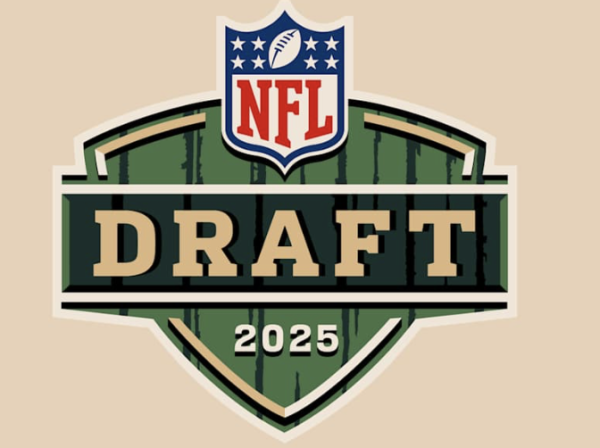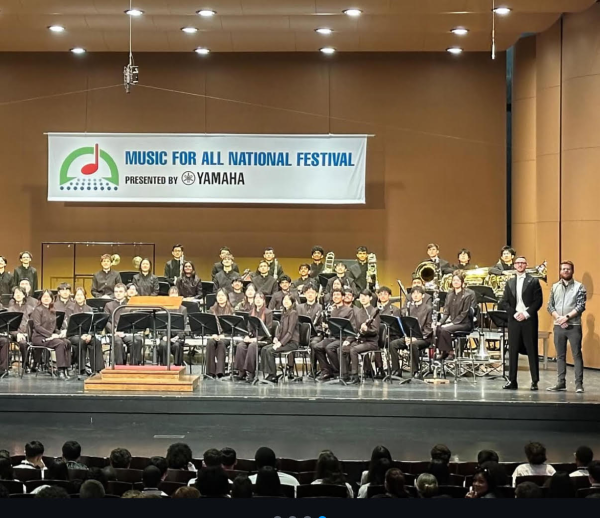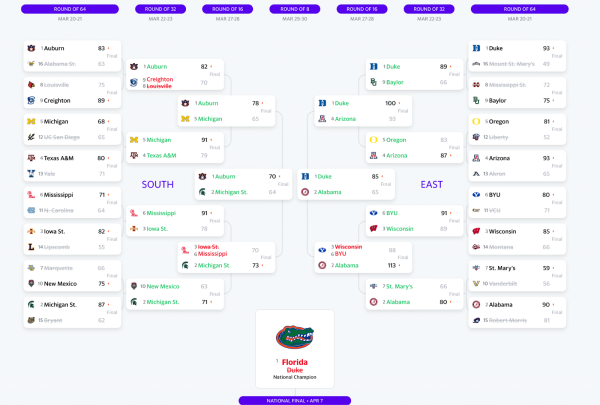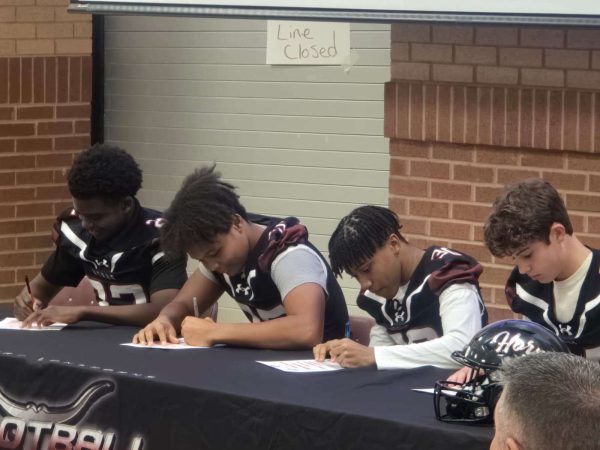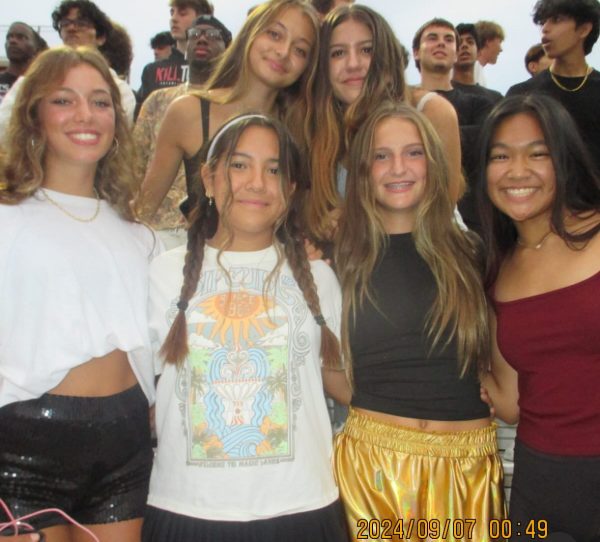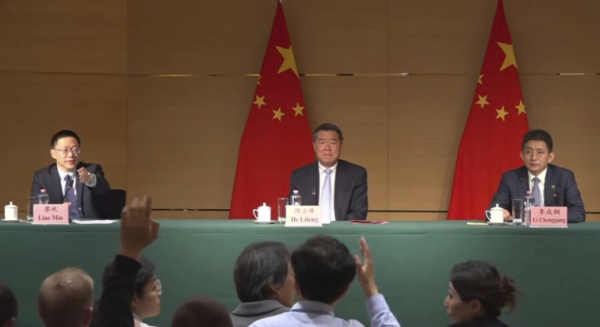Our Favorite TV Shows Are In Trouble: How Writers Affect Hollywood

Strikers picket outside of Netflix offices on May 2nd. (Courtesy of Kuow.org)
On May 2, the Hollywood Writers Strike began between the Writers Guild of America (WGA) and the Alliance of Motion Picture and Television Producers (AMPTP). Starting as a 6-week-long negotiation process over the new contract, the WGA is now on strike, the first since 2007, and the end of it isn’t in sight.
AMPTP represents almost the entire entertainment and broadcast industry and the WGA represents over 11,500 writers in the entertainment industry. AMPTP represents companies like Netflix, Amazon, Warner Bros., Disney and over 350 other motion picture and television producers. The negotiations between AMPTP and other entertainment unions are tantamount to new material and continued production in current and future shows.
When writers decided to strike on May 2, they also promised to follow the WGA strike rules. These rules prohibit all writers in the guild from writing for any shows, discussing their shows with the producers and they’re banned from negotiating with a struck company about future writing or financing of a new or current project.
As well as this, when the strike happens, producers and networks are not allowed to edit even a single comma into any of the unfinished or drafted scripts.
Writers also retract any speculative scripts that have been sent to any company, making sure that they cannot be used during the strike. They must also save a copy of any work they wrote for a company or network that is currently using them and then utilize them in the case that the network or a strike-breaking writer edits it.
The cause of the strike is due to the rise of artificial intelligence (AI), inflation, poor writer pay, loss of security on the job and a lack of compromise between WGA and AMPTP.
Ms. Langley is restarting the Dramatic Writing class at Lambert next year and spoke on how the current strike will affect her students and budding writers here at Lambert.
“Every story has a human event or human catalyst to it,” Langley said. “So you say, for example, you’re at a Fourth of July party and the rocket you’ve set off hurts the neighbor’s cat. How is anyone but a writer going to put the emotion of how you feel into the story? That has to be a human emotion. What I’m going to do is remind everybody that every story comes with a human catalyst.”
AI, while not the most pressing matter between the AMPTP and the WGA, is still a prevalent issue. Many strikers believe that AI will replace their jobs, or at least that corporations will try as hard as possible to do so.
Langley believes that even if AI can write, it can’t write as well as humans can. However, this issue is only one of the multiple reasons why WGA is on strike in addition to the low pay and lack of stability.
The lack of job stability in the industry stems from the fact that entertainment is slowly pulling away from the old way of TV production. Before the streaming industry emerged, screenwriting was a profitable profession.
“When these writers get the checks for this show, writers used to get a larger percentage of the profits,” Langley said. “But now you see writers in these great shows get paid maybe 3 cents.”
These checks are called residuals. They’re sent to writers as the show is watched. These residuals, however, have slowly dwindled to pennies. Many writers have shared online what they made from various shows. It’s not enough.
With older entertainment business models, writers would be hired for the entire process of making a show. If the show was renewed for multiple seasons, these writers would be on set for years helping edit in real time.
But with the current binge-and-forget culture that streaming perpetuates, shows are shortened, quickly produced and then studios would quickly move on to the next show.
This means that for pre-show writing rooms, fewer writers are hired for a shorter amount of time. Writers are then let go if the producers decide to continue the show, leaving writers scrambling to find a new job.
Now, the majority of the industry is feeling the ramifications. Shows that rely on same-day writing like late-night shows such as “The Tonight Show Starring Jimmy Fallon,” “Jimmy Kimmel Live!” and “Saturday Night Live” have shut down and have been running previously aired episodes.
Next in line to feel the effects of the writer’s strike is cable and network TV. Networks like NBC and CBS have either shut down writer’s rooms for their shows or already wrapped up production for the spring. But shows like “Abbott Elementary” will be affected if the strike were to go on for the same length of time or longer than the 2007 strike with prep time for the fall entertainment season shortened and future seasons looking very different.
As well as this, new shows would have to either be delayed or canceled altogether. Meaning that this fall, there won’t be as many new shows.
But because of the common practice of streaming, industry giants like Warner Bros. and Amazon Prime back-log episodes months in advance. This means the majority of them have their production for most of their shows already wrapped up, so the strike doesn’t affect them as much right now.
Other shows that have either stopped production or are just continuing to run pre-strike scripts until they have no more material to shoot include “Stranger Things,” “Yellowjackets” and “Cobra Kai.”
The Hollywood Writers Strike does not just affect the entertainment industry, but with the way viewers interact with the world. These writers are involved in advertisement, news and work as well as producers and actors.
“I think we have to stand up,” Langley said. “It’s our first right amendment. We have to do that, it’s the only way things get changed.”
Your donation will help support The Lambert Post, Lambert High Schools student-run newspaper! Your contribution will allow us to purchase equipment and cover website hosting costs.




